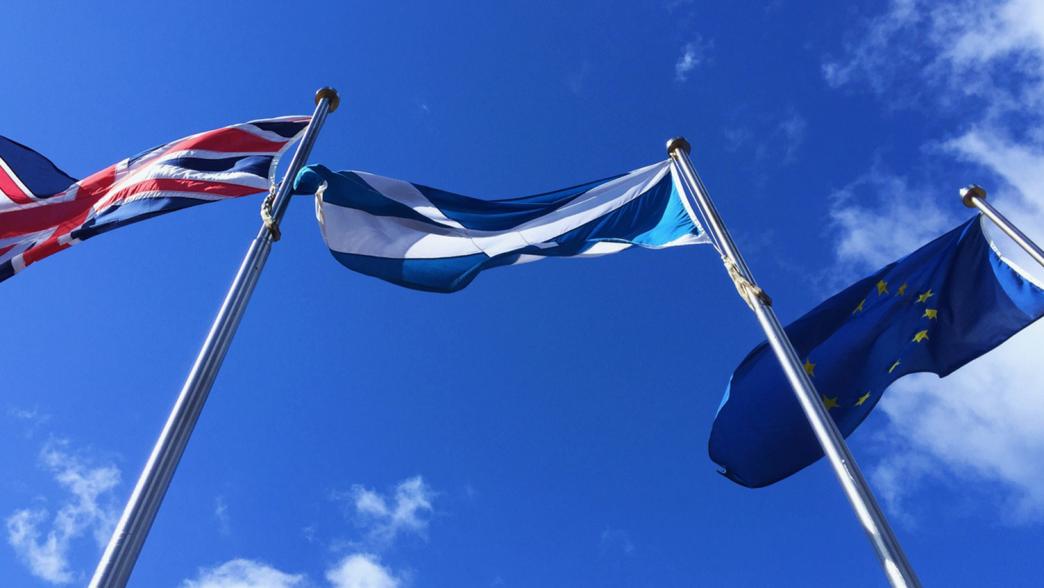Scottish independence: EU membership and the Anglo–Scottish border
What EU membership would mean for Scotland and its relationship with the rest of the UK.

With just five weeks until the 2021 Scottish parliament election, and with the SNP committed to taking Scotland out of the UK and back into the EU, this paper reveals what EU membership would mean for Scotland and its relationship with the rest of the UK.
It shows that Scotland rejoining the EU would reduce barriers to trade between Scotland and the EU but would inevitably mean the emergence of barriers to trade – and possibly even to the free movement of people – on the island of Great Britain. For the first time in more than three centuries, England and Scotland would find themselves on either side of a hard economic border.
Joining the EU would mean Scotland joining the single market and customs union – and as a result the Anglo-Scottish border would become a new external customs and regulatory frontier for the EU. Even a looser model of integration with the EU, such as Scotland joining the European Economic Area (EEA), could not grant frictionless access to both the EU and the UK markets, so long as the UK–EU relationship continues to be governed by the UK-EU Trade and Cooperation Agreement.
As an EU member, Scotland and its citizens would regain the rights and responsibilities of EU membership removed by Brexit, but as a new member state of the EU it is unlikely that Scotland could negotiate the same UK opt-outs – this means committing to adopting the euro, at least in principle, and to rejoining the common fisheries and agriculture policies.
The EU would probably welcome an application from an independent Scotland, but only if Scottish independence were based on agreement with the UK government. So Scotland’s path back to EU membership would run via Westminster. Under EU law, Scotland could only formally apply to join the EU once it had secured its independence from the UK, and the whole process could take the best part of a decade.
The process of Scotland’s separation from the UK could easily last longer than the five years it took for the UK to exit the EU and the EU accession process would likely last at least two further years.
- Topic
- Devolution Brexit
- Country (international)
- European Union
- United Kingdom
- Scotland
- Devolved administration
- Scottish government
- Legislature
- Scottish parliament
- Publisher
- Institute for Government